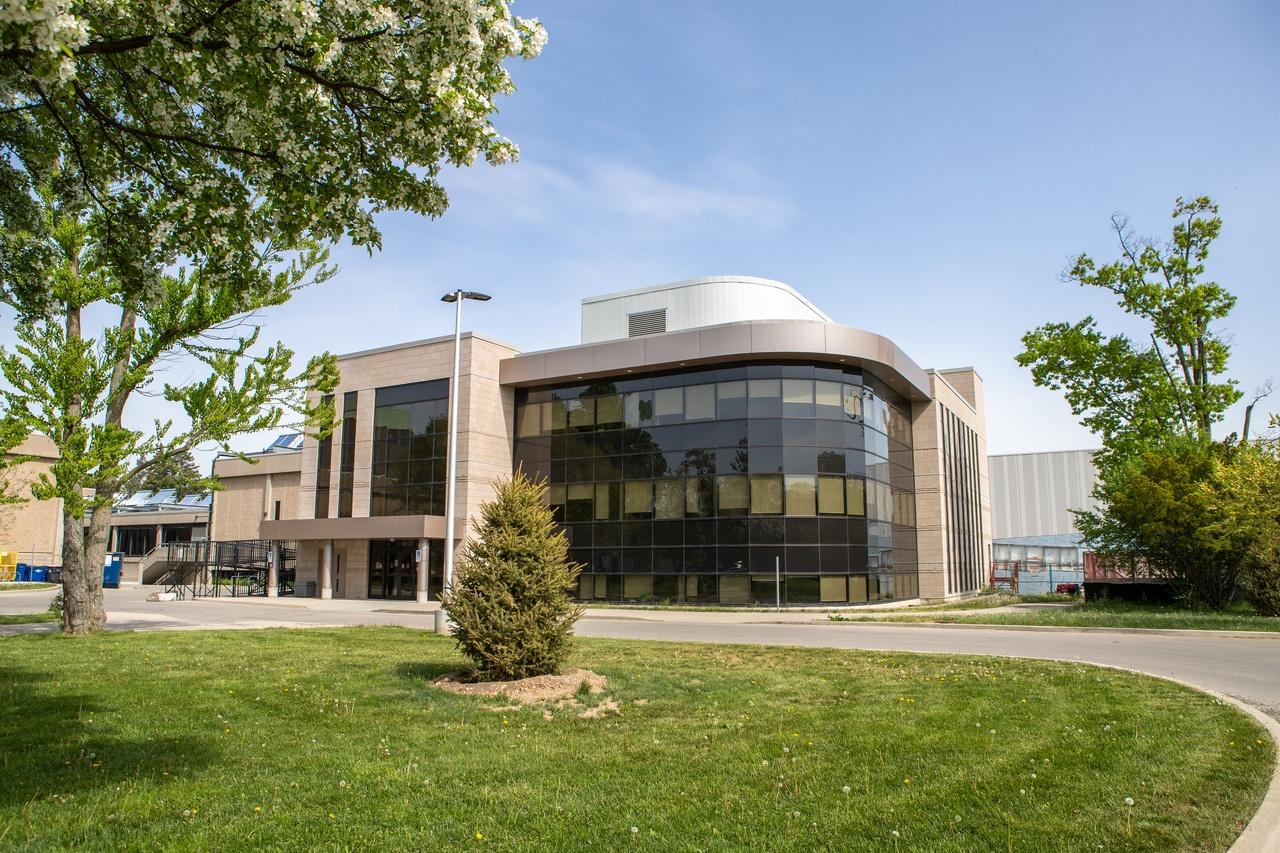Steven BrayProfessor, Kinesiology
Overview
Areas of Expertise
McMaster Affiliations
Background
Degrees
Ph.D. Kinesiology
University of Waterloo (1994 - 1998)
B.A. Physical and Health Education
University of Western Ontario
M.A. Kinesiology
University of Western Ontario
Contact
sbray@mcmaster.ca
(905) 525-9140 ext. 26472
Other Links and Profiles
Orcid ID

